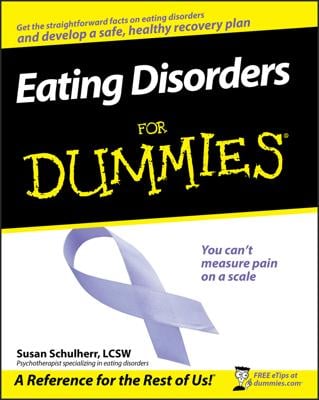While it is a fairly common tendency to overlook the need for a good night's rest, sleep is an essential part of maintaining your health. Here are some tips to help you determine if you may have a sleep disorder or to help you get more of that quality, necessary rest.
Checking your symptoms if you think you have a sleep disorder
Missing a few night’s sleep doesn’t automatically mean you have a sleep disorder, but even someone with temporary sleeplessness can benefit from professional advice. If you consistently have two or more of the following symptoms, make an appointment with your doctor for a checkup. Better sleep is just ahead.
-
You feel fatigued and not refreshed and energized upon awakening in the morning.
-
You frequently have trouble falling asleep or staying asleep long enough.
-
You snore so loudly that people in other rooms can hear it, and your bedmate tells you that you appear to stop breathing during the night.
-
You feel sleepy during the day.
-
You frequently doze off during the day, especially when you’re inactive.
-
You feel increasingly irritable or depressed for no apparent reason.
-
Your bedmate says you kick your legs during the night.
-
You have trouble concentrating or remembering things.
-
You spend a lot of time worrying about your sleep quality.
-
You have unexplained injuries upon awakening.
-
Food is missing from your kitchen, and you’re gaining weight but you don’t know why.
What information do I need to help my doctor diagnose a sleep disorder?
Many people avoid seeking a sleep disorder diagnosis because the process can seem mysterious or frightening. Some patients even believe a doctor will think they are hypochondriacs if they complain of sleep problems. Don’t let this stop you. A good night’s sleep is essential to remaining healthy. You can greatly help the diagnostic process by providing your doctor the following information:
-
When you go to bed each night
-
How long it takes you to fall asleep
-
How many hours you slept
-
When you wake up in the morning
-
How you feel when you wake up
-
How many times you wake up during the night and how long it takes you to get back to sleep
-
Whether or not you use a sleeping medication
-
Whether or not you use alcohol or cigarettes or consume a lot of caffeine
-
If you have problems with excessive daytime sleepiness
Tips for improving sleep quality to avoid a sleep disorder
Your daily routine may be causing your sleepless nights. If you want to avoid a sleep disorder, it’s important to establish a nighttime routine to help bring on the zzzz’s. A consistent set of behaviors will help train your brain and body that it is time for sleep. Follow these tips to improve your sleep quality:
-
Avoid the jitters; don’t drink coffee or other caffeinated beverages within six hours of bedtime.
-
Avoid reading, eating, or watching TV in bed (only sleepin’ and lovin’ allowed).
-
Cut out quarreling close to bedtime; you’ll be too stressed to sleep.
-
Establish a bedtime and stick to it every night.
-
If you gotta have that bowl of chili with onions and jalapeños, eat it for lunch. Avoid heavy, spicy, or fatty meals within four hours of bedtime.
-
Round out your exercise routine at least five to six hours before hitting the hay. Otherwise the increased metabolism and stress hormone cortisol that exercise generates will keep you feeling wired.
-
Steer clear of smoking or drinking alcohol close to bedtime. Both habits can interfere with the quality and quantity of your sleep.
Sleep disorders: Quick fixes for a sleepless night
If your sleep disorder is kicking in and you’re having one of those nights where you just stare at the ceiling for hours and sleep won’t come, staying in bed stewing about your sleeplessness is just about the worst thing you can do. Here are some smart ideas to refocus your energy and get you headed for slumber:
-
First and foremost, when sleep won’t come, get out of bed!
-
Eat a light, wholesome carbohydrate snack, like a few whole wheat crackers with milk or turkey; they contain ingredients that encourage sleep.
-
Meditate (or pray, if you’re inclined to) for 15 minutes. Focus on relaxing and letting go of the day’s stress.
-
Read a dull book, watch some bad TV, or do anything boring and repetitive to lull your over-active brain.
-
Take a warm bath to soothe your senses and calm yourself down.
Avoid a sleep disorder by making your bedroom sleep-friendly
If you believe you are suffering from a sleep disorder, there could be many causes. Before you launch an investigation into the possible physical causes, check out your bedroom. Your bedroom should be reserved for a night of peaceful rest. Dedicate your bedroom to sleep (yes, and romance). Here’s how:
-
If your pets sleep in the room with you, get them their own little beds.
-
Install light-blocking shades or curtains.
-
Keep the clock out of sight so you can’t watch it during the night.
-
Make sure your mattress and bed linens are comfortable.
-
Take the TV and computer out of the bedroom.
-
Use indirect lighting.

